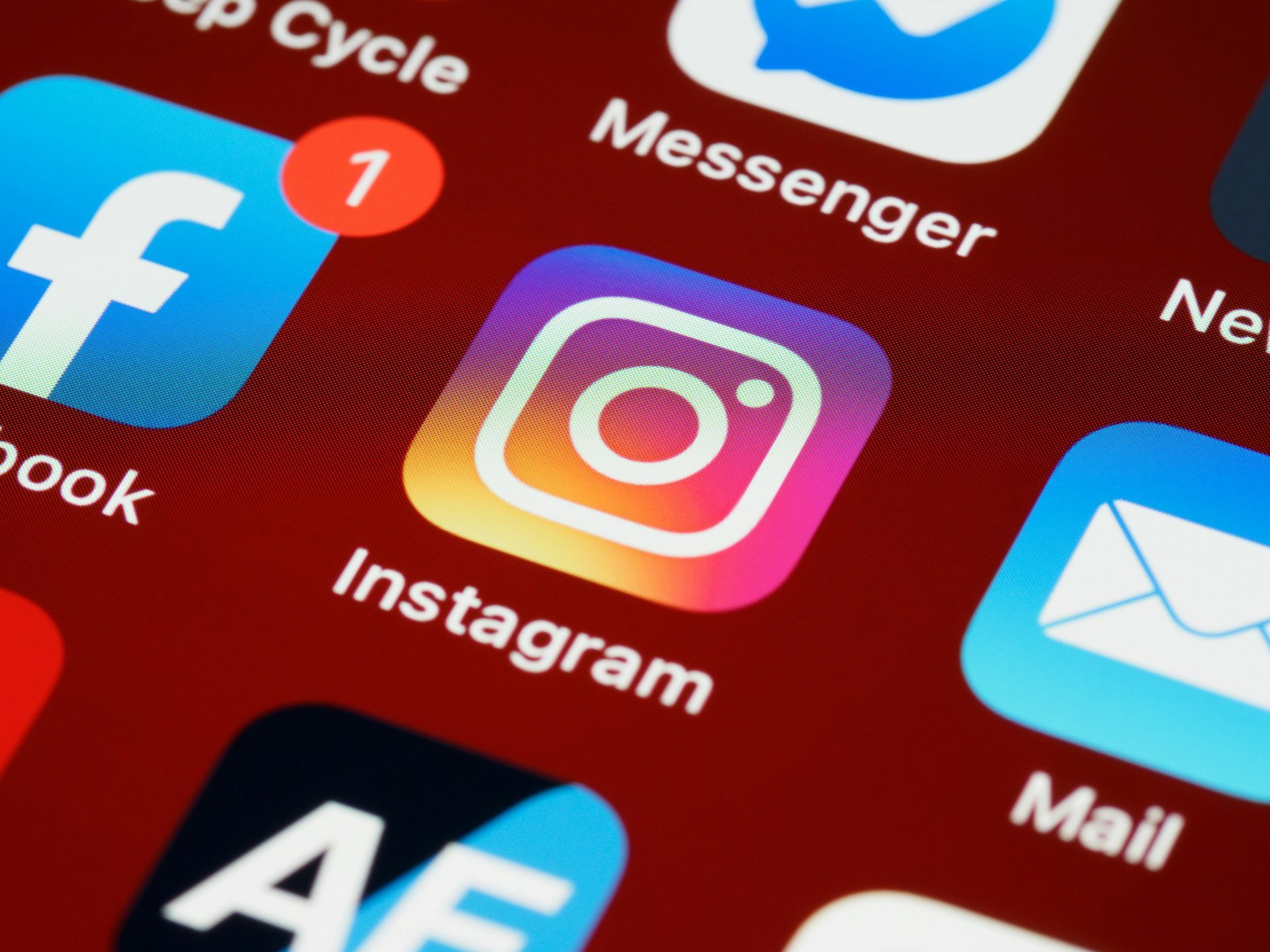Why I’m Breaking the Multitasking Habit

Multitasking has become our default way of working. There's a perception that multitaskers are an example of productivity. It seems to be a must-have skill to list on our CV. I’ve used it on mine, but on reflection, do I want to promote myself as a multitasker? If I’m honest, I don’t thrive on multitasking. Do any of us?
Why Multitasking is Unhelpful
If I think about moments when I've spiralled into multitasking mayhem, particularly back in my finance career, it was generally pretty stressful. My concentration decimated as either a phone call or email notification demanded my attention. I used the “this will only take five minutes” justification to myself (even though it never did!) One interruption usually became two, and before I knew it, I was flitting between several things as my brain threatened to implode. After firefighting through the onslaught, I was able to heave a sigh of relief and return to what I was initially working on. I'd then waste precious time refocusing and attempting to remember where I'd got to.
It would have been more efficient for me to finish what I'd been working on rather than submitting to distractions. I could have moved on to the next item with a clear head. The perception of productivity doesn’t seem to stack up. As well as affecting productivity, multitasking also makes us prone to errors.
If you feel like I did that your operating system needs a reboot to remove multitasking as the standard-setting, there are things you can do to manage this. There will inevitably be occasions when life becomes messy, and a certain amount of juggling is required, but you don't have to always work like this. If you can try and concentrate on one thing at a time wherever possible, it will contribute to a much calmer and more efficient working life.
Breaking the Habit:
Prioritise
I love a to-do list. I find it helpful to empty everything out onto something I can read and tick off. The problem is that without prioritisation, that list can feel overwhelming. Assign importance to each item. Be realistic and ruthless when doing this. If not, you’ll end up with everything being urgent.
Tasks should be highlighted as a priority if there are significant implications for them not being completed that day. Review the deadlines and assess whether there is any flexibility. Is it possible for you to have some assistance with a particular task? Don’t be afraid to ask for support if the demands are unfeasible.
Now consider the deadlines for the remaining items. Think about tasks which may produce the best wins. It could be what generates the optimal value for your business or your own objectives. It could be the quick gains to tick off and give you a sense of achievement. Arrange your order accordingly.
Allocate Time Slots for Tasks
Allow a time period of deep focus where you work on one task only. It encourages a flow state and can be a stimulus for creative thinking. Even if your job is not creative in the literal sense, it could foster inspiration for a new idea or a different approach to solving a problem. Time slots are also a constructive way to break down sizeable tasks into more manageable chunks.
Dismiss Distractions
Switch off the phone, email and social media notifications. These are the bane of the single task objective. It’s too tempting to see what’s happening, what you’re missing out on, or whether another urgent request has arisen. Resist the urge to refresh your email or check your phone until your current allocated time slot is over. Better still, include a time slot for doing this. I generally find that checking my emails three times a day is probably sufficient. It allows me to pick up any new requests that I may need to prioritise, but see what works best for you.
Allow Breaks
Your schedule should not be stacked back-to-back without any breaks. Breaks are necessary for your wellbeing and productivity. Try to have an actual break from your workstation. Don’t just switch screens. Take in some fresh air outside. If you can't get outside, make a coffee and observe the world from a window. Chat to a colleague in the kitchen about their weekend plans.
Delayed gratification can be a useful incentivising tool, and your allocated time slots can help achieve this. If you can promise yourself a reward after a period of work where you have resisted all distractions, it can do wonders for your motivation. I find a cup of tea with a chocolate biscuit often does the trick.
Say No (or at Least Not Right Now)
The pressure we put on ourselves to multitask through our day can often stem from people-pleasing and our reluctance to say no to requests. I've often been mid-task and dropped what I was doing to assist with a quick favour. I didn't always check how urgent it was, so it could have waited until I was less busy. Always check on the timing requirements.
Some people will try their luck to get their request to the top of the list, especially if they’ve got used to you dropping everything for them in the past. If the request is going to conflict with other time-sensitive tasks, be upfront, explain the situation and that you need to manage expectations. Can you compromise or negotiate on the timing? It doesn’t have to be a response with a flat no.
Eliminate Leisure Multitasking
Unfortunately, the multitasking mindset has also insidiously worked its way into our cherished leisure time. How many of us spend our hour or two of evening downtime watching TV and simultaneously playing on our phones while worrying about the next day? Is this relaxing?
Put down the phone and stop doom scrolling. If you’re watching a film or a TV show, give it your full attention. Find a hobby that interests you and immerse yourself in it. Allow yourself to switch off from whatever might be happening tomorrow.
Multitasking has become a learned behaviour for many of us, but we can reprogramme ourselves to work differently. It might not be possible to eliminate multitasking completely, but we can choose to adopt a different working style most of the time. If this results in less stress and better productivity, it's worth trying.









